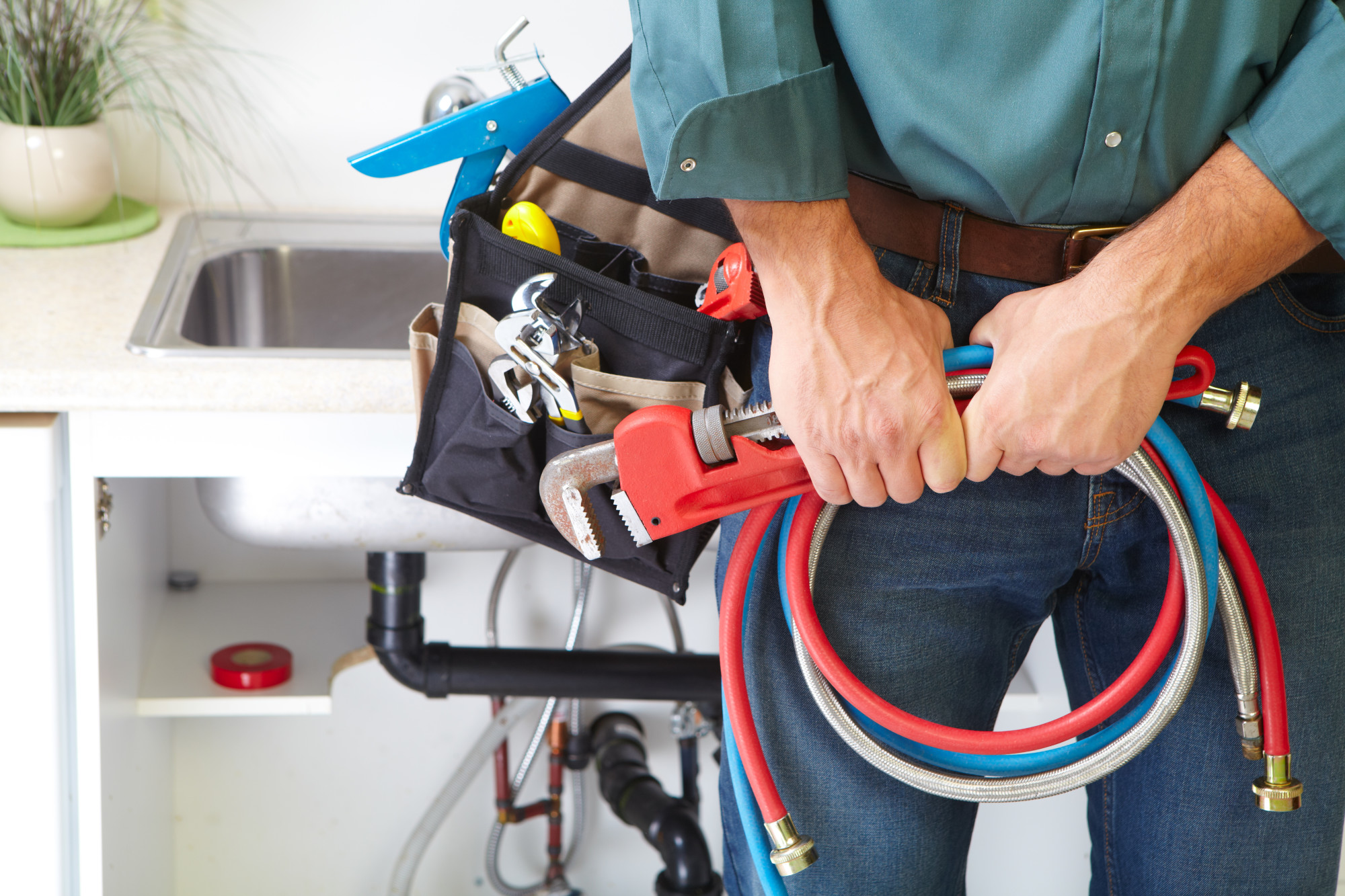Does your house need new pipes?
Sometimes your home’s piping is too damaged for small fixes to suffice, and the entire plumbing system needs to be replaced. As a homeowner, budgeting for large projects can be stressful, so you’re probably wondering, “What is the average cost to repipe a house?”
The answer to this question will vary depending on a few different factors. To help you get an idea of what to expect, here are six things that will impact the average cost to repipe a house:
1. Labor Time
Plumbing repair takes a decent amount of time, typically up to a week, depending on how much work needs to be done.
As soon as you think you have a plumbing issue, call a professional. A plumber will give you an estimate for the project, which will typically include an hourly rate for the labor. Make sure you know the hourly rate as well as the estimated time to complete the project so you can budget accordingly if your plumbers or contractors take longer than expected.
2. House Size
Typically, the larger your house is, the more expensive your repiping project will be. The cost will go up even more if your home has multiple stories or a basement because your plumber may have to go into ceilings or dig underground to access your pipes.
3. Condition of Your Current Pipes
As with most plumbing issues in your home, the sooner you seek professional help, the better. When you notice there is a plumbing issue in your home, call a professional immediately so they can determine what needs to be done. The longer you sit on a problem, the worse your pipes will be and the more repairs you’ll need.
Fixing problems early helps keep your pipes in decent condition. The more piping you can save, the lower your costs will be.
4. Number of Plumbing Fixtures
The number of plumbing fixtures your home has will increase the cost of your repiping project. For example, if you have four bathrooms in your home and each bathroom has a bathtub, shower, toilet, and multiple sinks, your cost will be more than a house that includes half baths or three-quarter bathrooms.
5. Type of Material
Material is another factor you’ll need to consider when budgeting for a repiping project. You can choose cheaper material like PEX pipes or go for something more expensive yet more durable such as copper. Speak with your plumber to determine which option is best for your home and your budget.
6. Local Permit Fees
Repiping your house is a major plumbing project, which typically means you’ll need to apply for permits and inspections from your local city or country government. Prices for these permits will vary but can be hundreds of dollars, so it’s important to budget accordingly.
Plumbers typically know the cost for permits in your area and often factor in this cost with their estimates, but make sure you double-check with them before starting the project.
Learn More About the Average Cost to Repipe a House
The average cost to repipe a house will vary, but it is an expensive project. The best thing you can do is prevent a repiping project by taking care of your home’s plumbing system. Check out the rest of our website for plumbing tips and tricks that will keep your home’s pipes running smoothly.

Leave a Reply